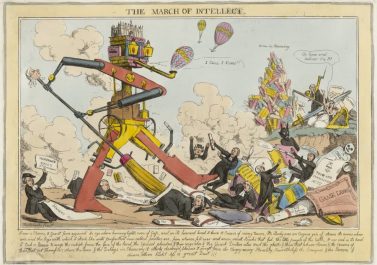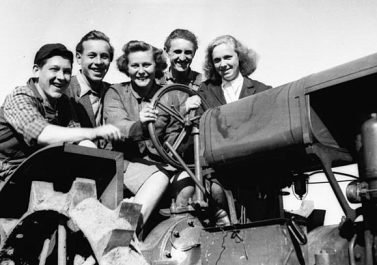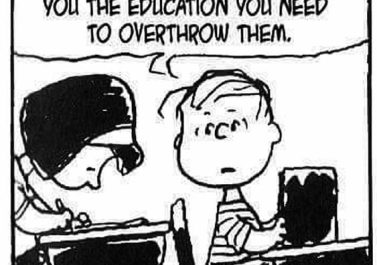One of the primary features of capitalism is the oppression and infantalisation of children. The pressure on the nuclear family during lockdown resulted in an increase in physical and mental abuse of children. Schools have been one of the main cogs in the machine that broke during the pandemic. The fact that kids could not be sent to school meant that many working families had problems going to or performing wage labour. We spoke to two primary school children about their time during the lockdown and as ‘key worker’ school students.
“I am in year 4, there are normally 30 kids in our class and one teacher, sometimes an assistant teacher helps out. At the beginning mainly my class-mates talked about Corona, we had heard about it. The teacher didn’t talk. Everyone was excited, I don’t know if many were worried. Then the lockdown came. I could have gone to key worker school, but my mum only sent me to key workers school two weeks before school started.”
“At home we did a bit of the school work, but more fun stuff. Some art, some science, things I want to learn. Two of our flat-mates had lost their job in restaurants and they had more time to look after us. At home you don’t have to be too worried to get things wrong, like at school. Not seeing your friends is not good, but we had Zoom. The mum of one of my friends was really worried about the virus, so he could not go out at all.”
“The relationships with the parents was better, there was more time together. At the beginning my mum was very worried, as she works as a nurse. I have more arguments with my sister, as we are always at home.”
“Key worker school was boring at the beginning, none of my friends were there. But when some of them came it was much better than normal school. More relaxed, no uniform, only 15 people in the class room, more interesting stuff to learn. The teachers were more relaxed and less strict during play-time, apart from the social distancing. Inside they managed the distancing, outside they didn’t. They kept going on saying ‘Be aware of the sleeping lion’ or ‘Keep on pushing your shopping trolley in front of you’, to remind us to stay two metres apart. The play-ground is separated, so you can’t play with year 6.”
“Teachers don’t inform us about what will happen next, about their plan. I wonder if school will change after corona. Teachers are more relaxed now, they used to shout at you if you closed the doors too loudly and made you close it again. If teachers are happier now perhaps they keep classes like they are.”
——
“I am in year 6. I think during lockdown adults could make more decisions. They could decide what we do or don’t do.”
“Back at school after the lockdown the school kids are shyer and more awkward. There are now only 9 people in my class, normally there are 25. The others didn’t turn up yet, some have asthma. There are more rules at school, more hand washing.”
“Teachers are more chatty, because there are less people in the class. Teachers seem more stressed with each other, as they have different opinions about social distancing and rules. In general there is less work, but the work is harder, the lessons more difficult. We do more sport.”
“We had only one lesson about corona and how the shift to secondary school will take place.”
“We also had one lesson about the ‘Black Lives Matter’ protests, the teacher had no opinion, the kids said everyone should be equal. There are five whities and 4 black and brown kids in my class. They all had similar opinions. I went to one of the demos, but there were only few kids my age.”
“I am worried that there will be another wave. Once things are back to normal I will go shopping and have a massive sleep-over with my friends.”


